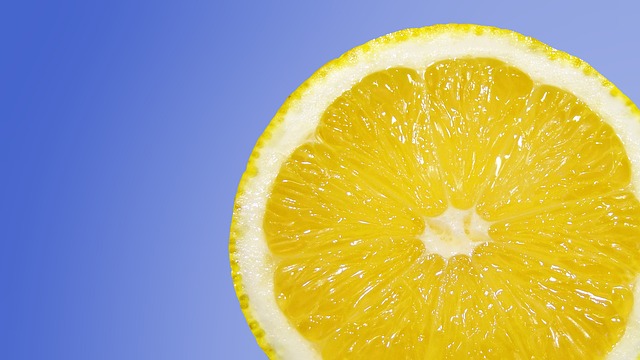Gut-Check: Probiotics and Their Role in Gut-Brain Connection

The Gut-Brain Connection
It is often said that the gut is our second brain, and there is indeed a strong connection between our gut and our brain. Within our digestive system, there are trillions of bacteria, known as gut microbiota, that play a crucial role in our overall health and well-being. Recent research has shed light on how these gut bacteria, particularly with the help of probiotics, can influence not only our digestive health but also our mental health.
What Are Probiotics?
Probiotics are live bacteria and yeasts that are beneficial to our health, especially our digestive system. They can be found naturally in certain foods like yogurt, sauerkraut, and kimchi, or can be taken as supplements.
Probiotics work by restoring the natural balance of bacteria in our gut. The gut microbiota is a complex community of microorganisms that aids in digestion, promotes nutrient absorption, supports our immune system, and even influences our mood and behavior.
The Role of Probiotics in Gut-Brain Connection
One fascinating aspect of the gut-brain connection is the influence of gut microbiota on our mental and emotional well-being. Emerging evidence suggests that the composition and diversity of the gut microbiota can affect brain function and behavior.
Several studies have shown that probiotics can positively impact mental health conditions such as anxiety, depression, and stress. Probiotics achieve this by:
- Producing neurotransmitters: Gut bacteria produce neurotransmitters, including serotonin and dopamine, which are involved in regulating mood.
- Reducing inflammation: Imbalances in gut bacteria can lead to inflammation, which has been linked to mental health disorders. Probiotics can help reduce inflammation in the gut and potentially alleviate symptoms.
- Strengthening the gut lining: Probiotics promote the growth of beneficial bacteria that strengthen the intestinal barrier. A healthy gut lining prevents harmful substances from leaking into the bloodstream and triggering an immune response that may affect brain function.
- Regulating stress response: Probiotics may influence the body’s stress response by reducing the production of stress hormones like cortisol, leading to a more balanced and relaxed state.
Choosing the Right Probiotic
With the growing popularity of probiotics, it’s essential to choose the right one for your needs. Here are a few factors to consider:
Strain specificity:
Look for a probiotic that contains specific strains known to have beneficial effects on mental health, such as Lactobacillus helveticus and Bifidobacterium longum.
CFU count:
Check the Colony Forming Units (CFU) count, which indicates the number of viable bacteria in the product. Higher CFU count doesn’t necessarily mean better, as different conditions may require different doses.
Quality and packaging:
Ensure that the product has been tested for quality, purity, and potency. Look for packaging that protects the bacteria from factors that may impact their viability, such as moisture and heat.
Introducing Probiotics Into Your Routine
If you’re interested in adding probiotics to your daily routine, it’s always a good idea to consult with a healthcare professional, especially if you have any underlying health conditions.
However, incorporating probiotic-rich foods into your diet is generally safe and can provide numerous health benefits beyond just the gut-brain connection. Yogurt, kefir, sauerkraut, and kimchi are delicious and easy-to-find sources of natural probiotics.
If you choose to take a probiotic supplement, follow the recommended dosage and consider taking it with a meal to enhance its absorption.
Conclusion
The role of probiotics in the gut-brain connection is an exciting area of research that highlights the importance of maintaining a healthy gut microbiota. By including probiotic-rich foods or supplements in our







